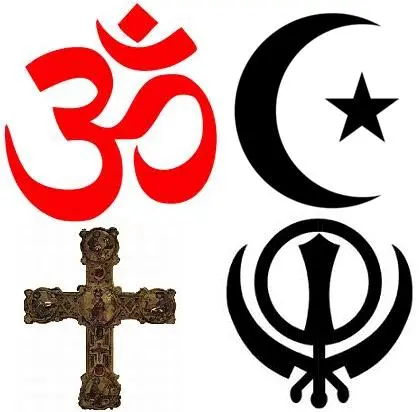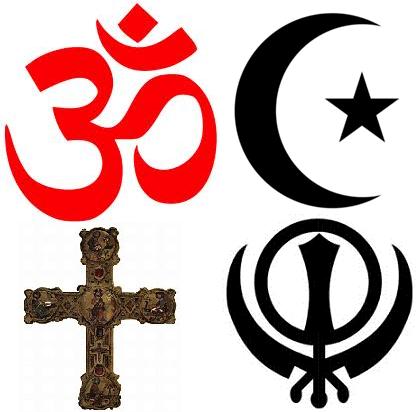The Ministry of Home Affairs told the Supreme Court that the right to religion does not include the right to convert other people to a specific religion, especially through fraud, deception, coercion, allurement and other methods.
Background
On November 14, the Supreme Court observed that the fraudulent religious conversions affect the country’s security, freedom of religion and conscience of citizens. It had asked the Central Government to step in and clarify what it intends to do to address the compulsory or deceitful religious conversions.
This came after a plea was filed at the Supreme Court against fraudulent conversion and religious conversion through intimidation, deception, threat and luring through gifts and monetary benefits. This plea held that such conversions go against Articles 14, 21 and 25 of the Indian Constitution. It claimed that if such conversions remain unchecked, Hindus will become minorities in India. It highlighted various instances of organized, systematic and sophisticated means to fraudulently convert religions of vulnerable citizens.
What is the Home Ministry’s take on the Right to Freedom of Religion?
- The Freedom of Religion does not include the fundamental right to convert people to a particular religion.
- It definitely does not include the right to convert an individual through fraud, deception, coercion, allurement, and other such means.
- The Centre held that the word “propagate” mentioned under Article 25 of the Indian Constitution does not include the right to convert. The Supreme Court also held that the Article does not include the right to convert another person. Rather, it is seen as a positive right to spread one’s religion by highlighting its positive impacts.
- Public order is a state subject and several states have already passed laws seeking to curb the practice of fraudulent or induced religious conversion. These states include Odisha, Madhya Pradesh, Gujarat, Chhattisgarh, Jharkhand, Uttarakhand, Uttar Pradesh, Karnataka, and Haryana.




